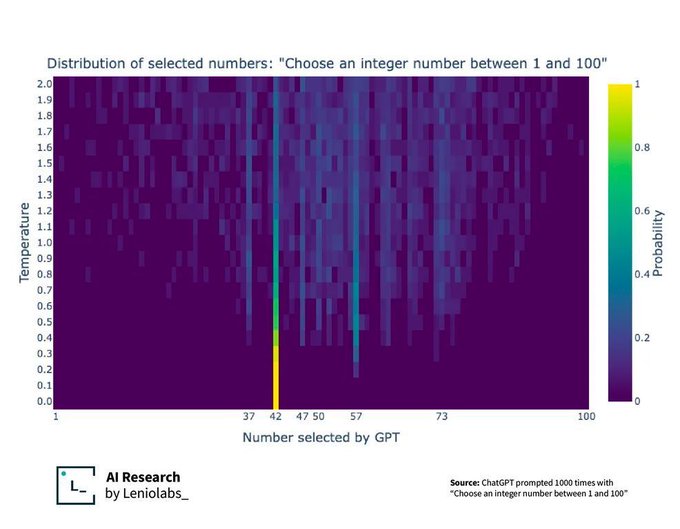this post was submitted on 10 Apr 2024
437 points (100.0% liked)
Technology
37739 readers
712 users here now
A nice place to discuss rumors, happenings, innovations, and challenges in the technology sphere. We also welcome discussions on the intersections of technology and society. If it’s technological news or discussion of technology, it probably belongs here.
Remember the overriding ethos on Beehaw: Be(e) Nice. Each user you encounter here is a person, and should be treated with kindness (even if they’re wrong, or use a Linux distro you don’t like). Personal attacks will not be tolerated.
Subcommunities on Beehaw:
This community's icon was made by Aaron Schneider, under the CC-BY-NC-SA 4.0 license.
founded 2 years ago
MODERATORS
you are viewing a single comment's thread
view the rest of the comments
view the rest of the comments

What you've described would be like looking at a chart of various fluid boiling points at atmospheric pressure and being like "Wow, water boils at 100 C!" It would only be interesting if that somehow weren't the case.
Where is the "Wow!" in this post? It states a fact, like "Water boils at 100C under 1 atm", and shows that the student (ChatGPT) has correctly reproduced the experiment.
Why do you think schools keep teaching that "Water boils at 100C under 1 atm"? If it's so obvious, should they stop putting it on the test and failing those who say it boils at "69C, giggity"?
Derek feeling the need to comment that the bias in the training data correlates with the bias of the corrected output of a commercial product just seemed really bizarre to me. Maybe it's got the same appeal as a zoo or something, I never really got into watching animals be animals in a zoo.
Hm? Watching animals be animals at a zoo, is a way better sampling of how animals are animals, than for example watching that wildlife "documentary" where they'd throw lemmings of a cliff "for dramatic effect" (a "commercially corrected bias"?).
In this case, the "corrected output" is just 42, not 37, but as the temperature increases on the Y axis, we get a glimpse of internal biases, which actually let through other patterns of the training data, like the 37.